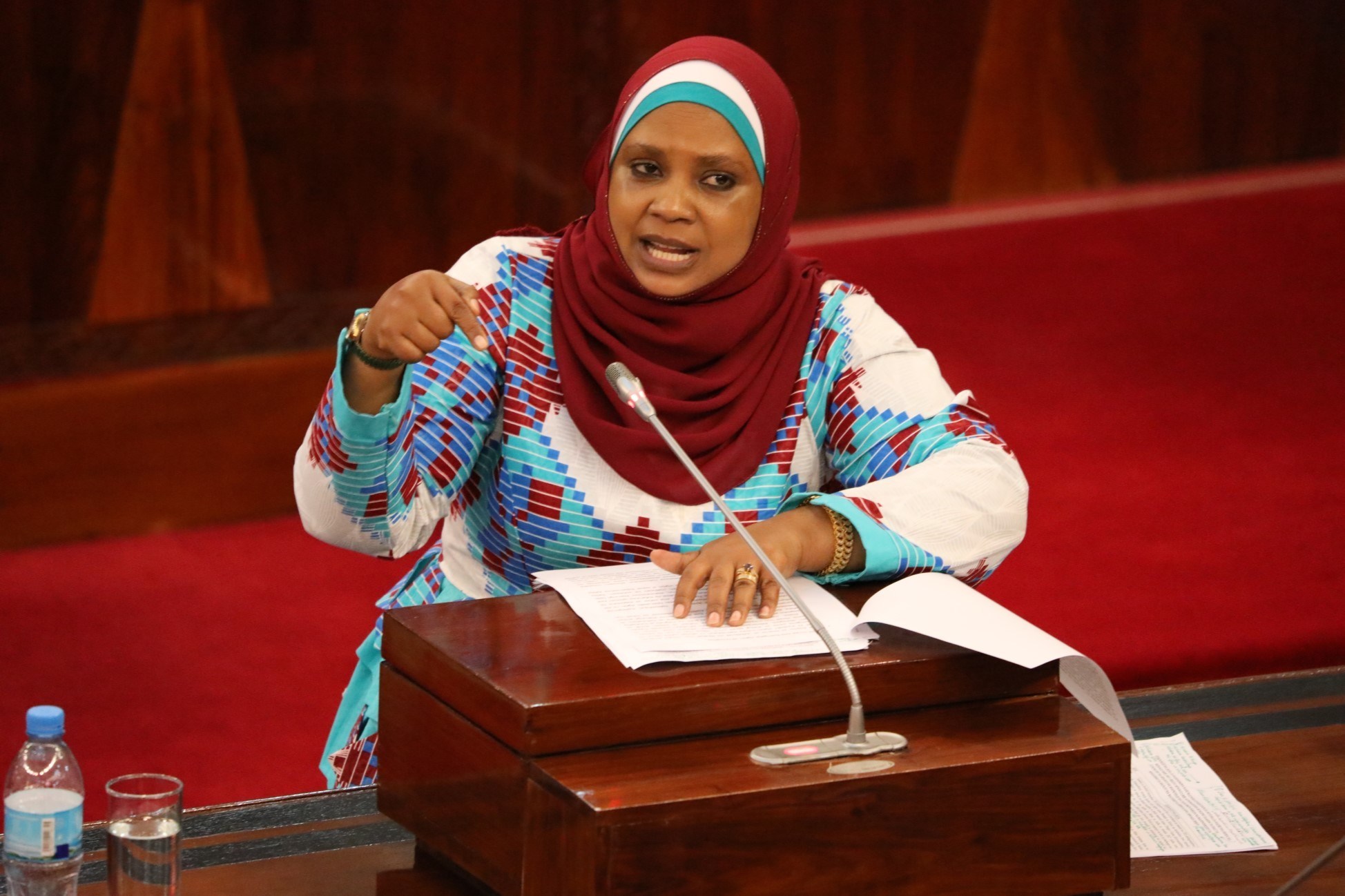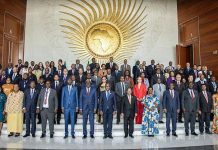TANZANIA has recorded positive economic growth and is leading in the East African Community (EAC) region, Deputy Minister for Finance and Planning, Dr Ashatu Kijaji, told the National Assembly on Wednesday.
“I ask Members of Parliaments (MPs) not to deceive Tanzanians.
The country’s economy is stable for in the EAC bloc we are the first. Our economy is strong and we are sure, as our prediction shows, for 2019 it will be at 7.2 per cent,” she said.
The deputy minister trashed claims by Momba MP David Silinde (Chadema) that the government had been laying before Parliament that the country’s economy was improving.
“We say this in and outside Parliament and the International Monetary Fund (IMF) in its report congratulates the United Republic of Tanzania for positive economic growth by ensuring our economic growth remains stable,” Dr Kijaji said.
However, she agreed with the lawmaker that a report given by the Bank of Tanzania (BoT) recently indicated a decrease in money circulation, but she was quick to point out that such a situation didn’t mean that the economy was not doing well.
According to Dr Kijaji, money circulation has decreased because many Tanzanians are transferring money electronically more than cash transactions.
“If there is an increase in electronic transactions, the real money in the market decreases, but the money available in circulation is more than enough. Our fiscal policy ensures that the cash flow is consistent with the economic activity that is continuing within our nation,” she said.
The deputy minister was giving additional answers to a question the lawmaker had asked, saying Tanzanians had been recently complaining about low money circulation in the marker and, thus, wanted to know what were reasons for it.
Dr Kijaji responded that the government, through BoT, was implementing the monetary policy that aimed at managing the cash flow to meet the real needs of the economy with a view to maintaining inflation stability, thereby creating an enabling environment for economic growth.
She told the House that before 2017, there was an increase in nonperforming loans, which to a great extent, were caused by some of the financial institutions issuing loans without considering the Financial Institutions Act of 2006 and its Regulations of 2008.
To deal with such a challenge, the deputy minister said, the government took steps of enforcing the Act and the regulations, including transferring money for public institutions from commercial banks to BoT.
According to Dr Kijaji, following such a position, the government through BoT, starting from January 2017, took steps of boosting the economy to address a decline in the cash flow in the market.
She noted that among the steps taken included BoT’s discounting rate from 16 per cent by March 2017 to seven per cent as of August 2018 and there was a reduction in statutory minimum reserve requirements (SMRs) by commercial banks to BoT from 10-8 per cent as of April 2017.
Furthermore, she said, the banks were allowed to use 10 per cent of SMRs as one of the sources to improve the economy and that BoT had initiated a process of issuing temporary loans to banks and buying foreign currencies from the general banking market to increase liquidity in the economy.
The deputy minister pointed out that such steps had helped to increase the improvement of liquidity of commercial banking and reduce interests in the money market between banks from an average of 4.6 per cent on the financial year ending February 2018 to 2.3 per cent in the financial year ending February 2019.
She further said that there was an increase in loans in the private sector from average of 1.7 per cent in 2017 to 7.3 per cent as of January 2019 and a reduction in interest rates from average of 21 per cent in 2016 to 17 per cent by 2018.
Dr Kijaji, therefore, informed the House that there was no low money circulation in the market following the government decision to take such steps and that the cash flow in the economy was in line with the goals and real needs of existing economic activities.







